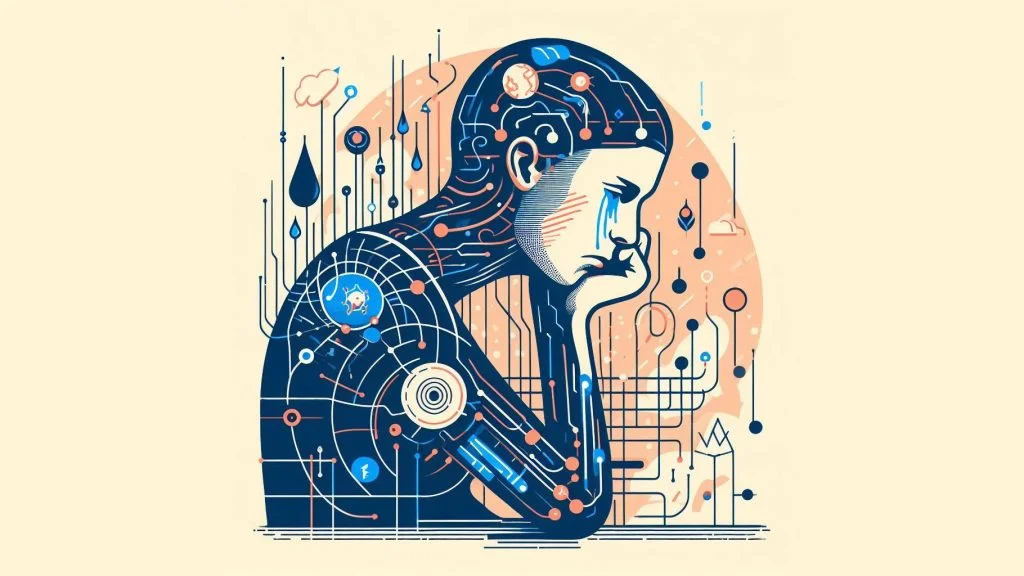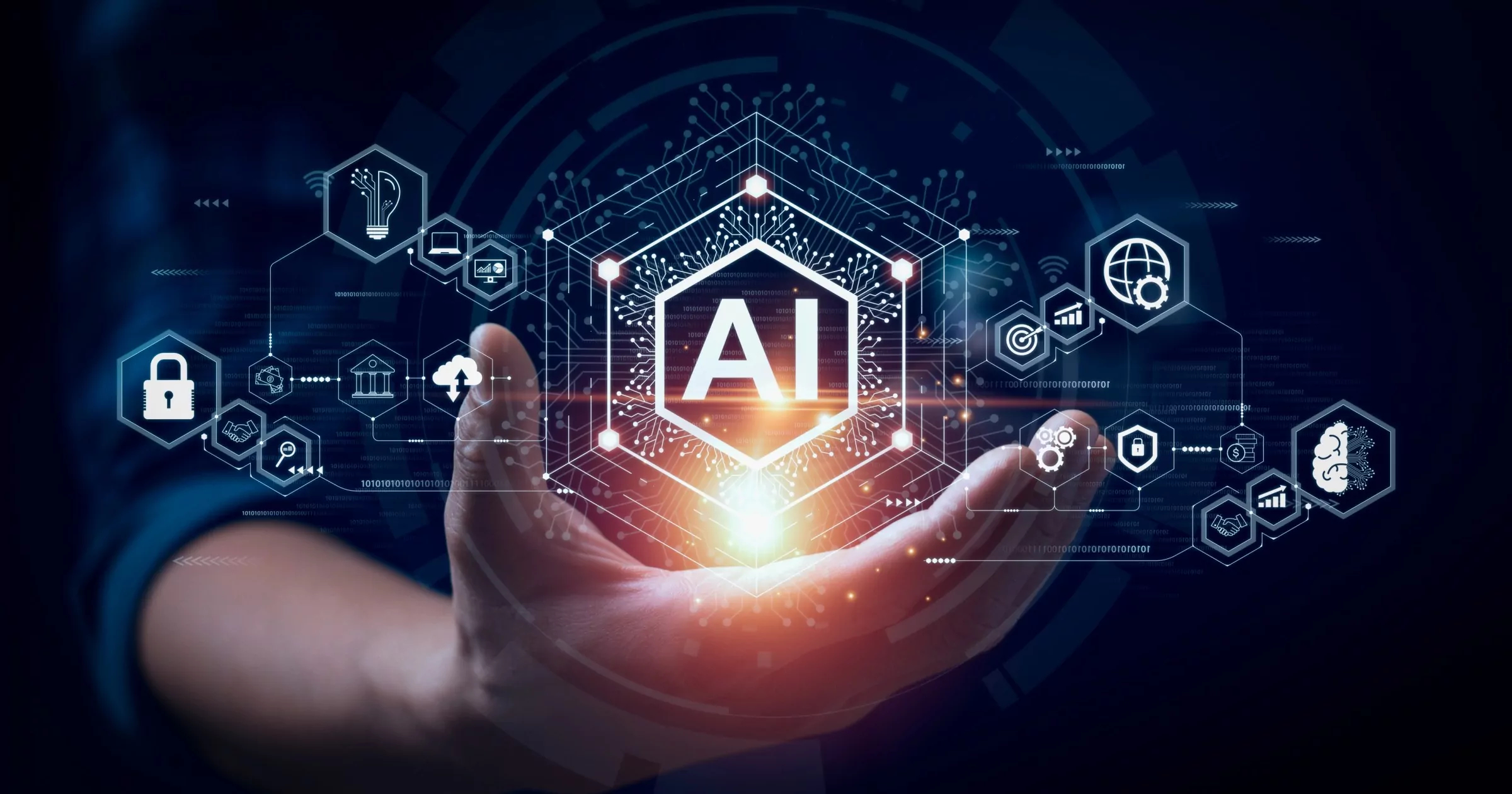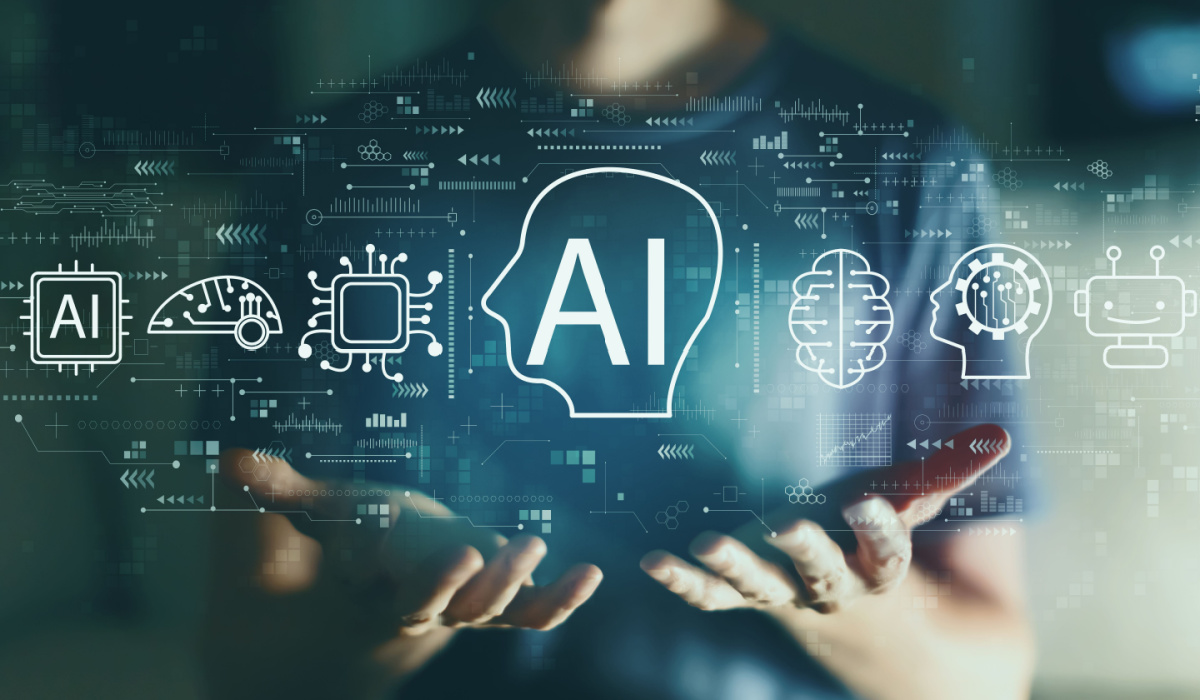
Imagine a self-driving car barreling down the road, suddenly faced with an unavoidable accident scenario. Should it swerve to avoid pedestrians at the risk of harming its passengers, or prioritize the safety of those inside? Such dilemmas highlight the growing need for ethical decision-making in Artificial Intelligence (AI). As AI becomes increasingly integral to our lives, the question arises: Can machines, devoid of consciousness and emotions, be programmed to be moral?
The Moral Compass of Humans
Human morality is a complex tapestry woven from evolutionary, social, and emotional threads. From an evolutionary perspective, morality has developed as a survival mechanism, fostering cooperation and societal stability. Social and cultural influences shape our moral codes, instilling values and norms through family, education, and community.
Emotions like empathy and compassion play a crucial role in moral decision-making. These feelings help humans understand the suffering of others and motivate altruistic behavior. But can machines, which lack such emotions, ever truly replicate this intricate moral compass?
Can Machines Replicate Morality?
AI learns through machine learning algorithms, which involve training on vast datasets to recognize patterns and make predictions. However, this process has significant limitations. Current AI systems struggle with understanding context and nuance, crucial elements of human morality.
Encoding human values and ethics into algorithms poses a formidable challenge. AI lacks the innate understanding of cultural and social contexts that humans possess. For instance, a machine can be trained to recognize that lying is generally wrong, but it might not grasp the moral nuances of a white lie told to spare someone's feelings.
The difficulty lies not only in programming these values but also in ensuring that AI systems can adapt to diverse moral landscapes. As societies evolve, so do their moral frameworks, and AI must be flexible enough to navigate these shifts.
The Risks of Unfettered AI
The deployment of AI without robust ethical considerations can lead to significant risks. Bias in AI decision-making is a pressing concern, often stemming from biased datasets that reflect societal prejudices. This bias can perpetuate and even exacerbate existing inequalities if not addressed.
Another issue is the "Black Box" problem, where the decision-making processes of complex AI systems become opaque. This lack of transparency makes it challenging to understand, trust, and rectify AI decisions.
Furthermore, the potential misuse of AI in areas like warfare, social manipulation, and surveillance raises severe ethical concerns. Generative AI, capable of creating new content, amplifies these risks by potentially producing harmful or misleading information.
Can AI Be Democratized?
Currently, AI development and ownership are centralized, concentrated in the hands of a few powerful entities. This centralization raises concerns about the potential misuse of AI technologies by a select few for purposes that may not align with the public good.
AI democratization aims to make AI development more accessible and inclusive. By involving a broader spectrum of voices in AI development, we can mitigate biases and promote ethical practices. Accessible AI tools and platforms can empower more people to contribute to AI's evolution, fostering a diverse and balanced approach to AI ethics.
Building Ethical AI
Developing ethical AI requires a robust framework grounded in principles like transparency, accountability, fairness, and explainability. Transparency ensures that AI processes are open and understandable, while accountability holds developers and users responsible for AI actions.
Fairness in AI involves creating systems that do not perpetuate bias or discrimination. Explainability ensures that AI decisions can be understood and scrutinized by humans, fostering trust and reliability.
Human oversight is vital in monitoring and intervening when necessary. Continuous monitoring and updates are crucial to adapting AI systems to new ethical challenges and societal changes.
The Future of AI and Morality
Looking ahead, advancements in AI may bring us closer to machines capable of understanding context and emotions, bridging some gaps in moral decision-making. The potential emergence of Artificial General Intelligence (AGI) – AI that can perform any intellectual task a human can – underscores the need for ongoing ethical discussions.
International collaboration is essential in setting clear guidelines for ethical AI development. Unified global efforts can ensure that AI benefits humanity while minimizing risks.
Conclusion
In conclusion, the debate over machine morality is far from settled. While AI holds immense potential, its ethical implications demand our attention. By fostering human responsibility, embracing democratization, and developing robust ethical frameworks, we can shape a future where AI serves the greater good, upholding the moral standards that define us as humans. Let’s engage in continuous dialogue, stay informed, and advocate for responsible AI development to ensure a secure and ethical digital age.



